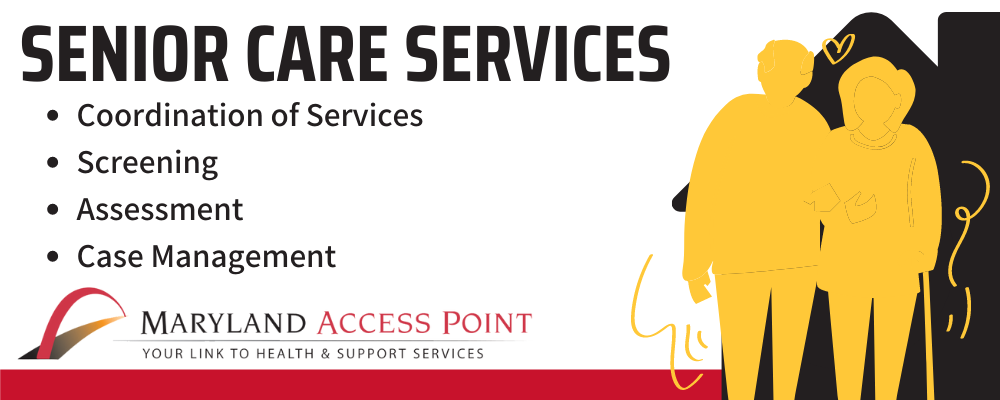The Sanctuary Memory Care Charlotte NC: Devoted Memory Support
The Sanctuary Memory Care Charlotte NC: Devoted Memory Support
Blog Article
Crucial Guide to Memory Treatment Services in Assisted Living Neighborhoods
Browsing the landscape of memory treatment services within assisted living communities needs a nuanced understanding of the customized programs and support group available. As people age, memory-related challenges can posture considerable difficulties to daily living, making it critical to have actually access to tailored care. From staff training and credentials to ecological adjustments and healing activities, the range of services supplied can considerably influence the wellness and lifestyle for citizens. By discovering the complexities of these vital parts, a deeper understanding right into the alternative technique of memory care solutions in assisted living communities arises, shedding light on the extensive support readily available to those in demand.
Specialized Memory Care Programs
Specialized memory treatment programs within assisted living communities play a crucial role in giving tailored support for people with cognitive impairment. These programs are specifically designed to fulfill the distinct demands of homeowners encountering memory-related difficulties such as Alzheimer's and dementia. By concentrating on individualized treatment strategies, specialized personnel training, and producing a stimulating and risk-free atmosphere, these programs aim to improve the quality of life for homeowners while promoting freedom to the greatest degree possible.
The core components of specialized memory treatment programs often include organized everyday routines, memory-enhancing activities, and sensory excitement to engage residents cognitively and emotionally. Additionally, these programs commonly provide specialized eating choices, drug monitoring assistance, and assistance with activities of day-to-day living to make certain extensive look after citizens with varying levels of cognitive decline.
Staff Training and Qualifications
Reliable personnel training and certifications are crucial components of making certain premium care for homeowners in memory treatment programs within assisted living areas. Team member functioning in memory care systems should undergo specialized training to comprehend the unique requirements of locals with mental deterioration and Alzheimer's condition. Training needs to cover subjects such as interaction methods, habits administration methods, and person-centered care strategies. Team needs to likewise receive education on dementia-related actions, drug monitoring, and emergency situation protocols to manage numerous situations efficiently.

Setting Adjustments for Memory Treatment
To ensure an extensive strategy to care that addresses both team expertise and physical environments, the environment in memory care units need to be attentively adjusted to meet the unique demands of locals with mental deterioration and Alzheimer's illness. The Sanctuary memory care charlotte. Developing a dementia-friendly environment involves making particular adjustments that can aid residents really feel risk-free, comfy, and engaged
One crucial facet of setting adjustments is guaranteeing safety and security and safety. This includes carrying out procedures such as secured entrances and exits to avoid residents from roaming, installing hand rails and grab bars for support, and reducing journey risks throughout the space. In addition, utilizing color-coded cues, clear signs, and familiar items can aid locals navigate their environments a lot more conveniently.
Designing areas that are simple to browse and promoting self-reliance with functions like memory boxes and visual reminders can likewise enhance the high quality of life for residents with memory impairments. By executing these setting adjustments, assisted living neighborhoods can offer view it a helpful and nurturing setup for individuals with dementia and Alzheimer's condition.
Restorative Activities and Interaction
Involvement in deliberate restorative tasks plays a vital role in boosting the well-being and cognitive function of people living in memory care units. These tasks are carefully designed to boost memory, cognition, and social communication amongst citizens.
Engagement in restorative activities not just assists individuals preserve cognitive abilities but also provides social and psychological benefits. Participating in these activities can decrease feelings of seclusion, anxiety, and anxiousness generally experienced by people with memory impairments. In addition, these tasks give a structured routine and a sense of purpose for locals, adding to a total better lifestyle.
Memory care neighborhoods commonly have committed staff educated in helping with restorative tasks, making sure that citizens receive individualized and meaningful engagement that sustains their cognitive and psychological health.
Communication Methods and Assistance
In facilitating significant interactions and cultivating all natural health for individuals in memory care systems, effective interaction strategies and assistance play a critical function. Communication in memory care involves comprehending residents' distinct requirements, preferences, and capacities.
Sustaining communication in memory care setups double creek assisted living expands past verbal interactions. Visual aids, memory cues, and acquainted items can assist trigger memories and assist in connections. Creating a calmness and organized atmosphere minimizes distractions and complication, enabling citizens to concentrate on interaction. Additionally, caregivers learnt communication strategies for mental deterioration care can browse obstacles properly and react empathetically to citizens' behaviors and feelings.
Conclusion
To conclude, memory treatment solutions in assisted living areas play a vital role in offering specialized care and support for people with cognitive impairments. Via customized programs, experienced team, adapted settings, restorative tasks, and effective communication methods, these solutions objective to boost the lifestyle for homeowners with memory issues. By dealing with the unique demands of these people, memory care solutions add to producing a safe and supportive setting that advertises general wellness and comfort.
Efficient staff training and credentials are crucial elements of making certain high-grade treatment for residents in memory treatment programs within assisted living neighborhoods - The Sanctuary charlotte alzheimer's care.Certifications for team in memory care programs commonly consist of qualifications in dementia care or Alzheimer's treatment, along with pertinent experience in working with individuals with memory disabilities. Continuous training and expert development opportunities are essential to make certain that staff stay upgraded on the newest ideal practices in memory care and continue to supply top quality support to locals with cognitive challenges. By investing in staff training and qualifications, assisted living communities can enhance the overall wellness and top quality of life for residents in memory care programs

Report this page